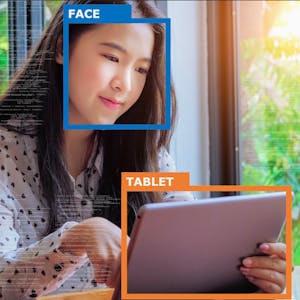Visualizing the Living Body: Diagnostic Imaging
About this Course
This course teaches learners the underlying principles behind conventional radiography, computerized axial tomography (CT), magnetic resonance imaging (MRI), and ultrasound. The radiology of chest, abdomen, pelvis, extremities, spine and brain are taught in this course using a combination of lectures and extensive practical activities and assessments. By the end of the course you will be able to: Describe the principles of conventional radiography, CT MRI and ultrasound Describe systematic approaches to imaging interpretation Describe the use of windowing in CT Describe sequences in MRI and their relevance. This course is part 4/4 in the Yale Human Anatomy Specialization. Topics covered in the lectures include: Introductions to conventional radiography, computerized tomography (CT), ultrasound, magnetic resonance imaging (MRI), chest radiology, CT of chest, chest radiology: introduction to pathology, normal CT anatomy of the abdomen, renal anatomy, colon cancer, renal neoplasm, normal pelvic imaging, normal male pelvis imaging, normal female pelvis imaging, radiology of the upper extremities, radiology of the lower extremities, musculoskeletal imaging modalities, introduction to spine radiographs, skull radiography, brain CT imaging fundamentals, brain CT imaging pathology, brain: magnetic resonance imaging (MRI), and brain MRI pathologyCreated by: Yale University

Related Online Courses
The ultimate goal of a computer vision system is to generate a detailed symbolic description of each image shown. This course focuses on the all-important problem of perception. We first describe... more
In a world driven by big data, it is crucial to understand how valuable information can be extracted from large volumes of data. Further, it is pivotal to utilize information to its full potential.... more
This course provides the foundation for understanding the frameworks used to develop market risk management strategies. You will identify the market risks associated with each type of financial... more
This is a self-paced lab that takes place in the Google Cloud console. This hands-on lab shows you how to create a small App Engine application that displays a short message. Watch the short video more
Batteries and Electric Vehicles: This course will focus on aspects of battery performance in zero emission vehicles, EV charger networks and second life applications of EV batteries, and standards... more







